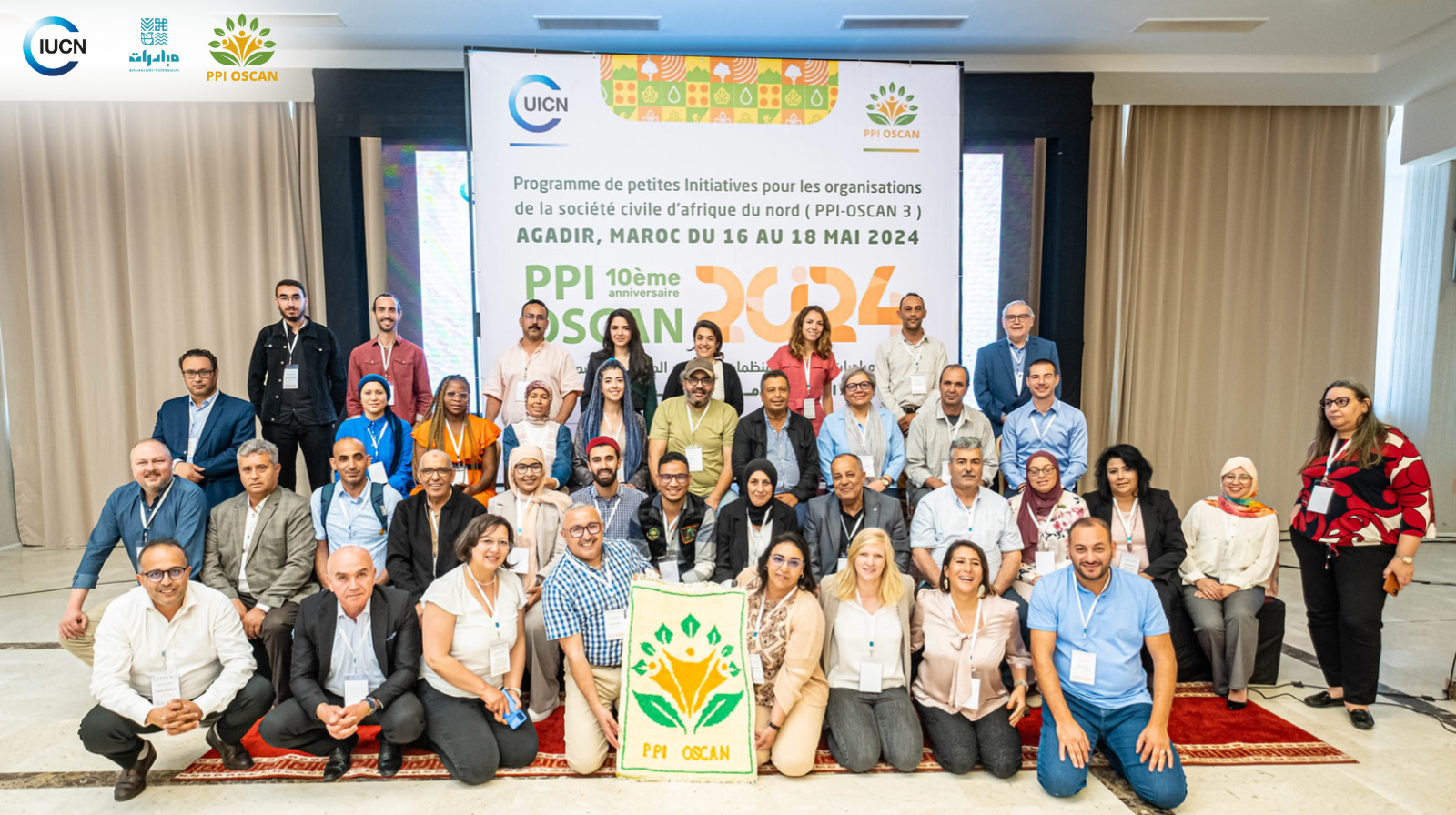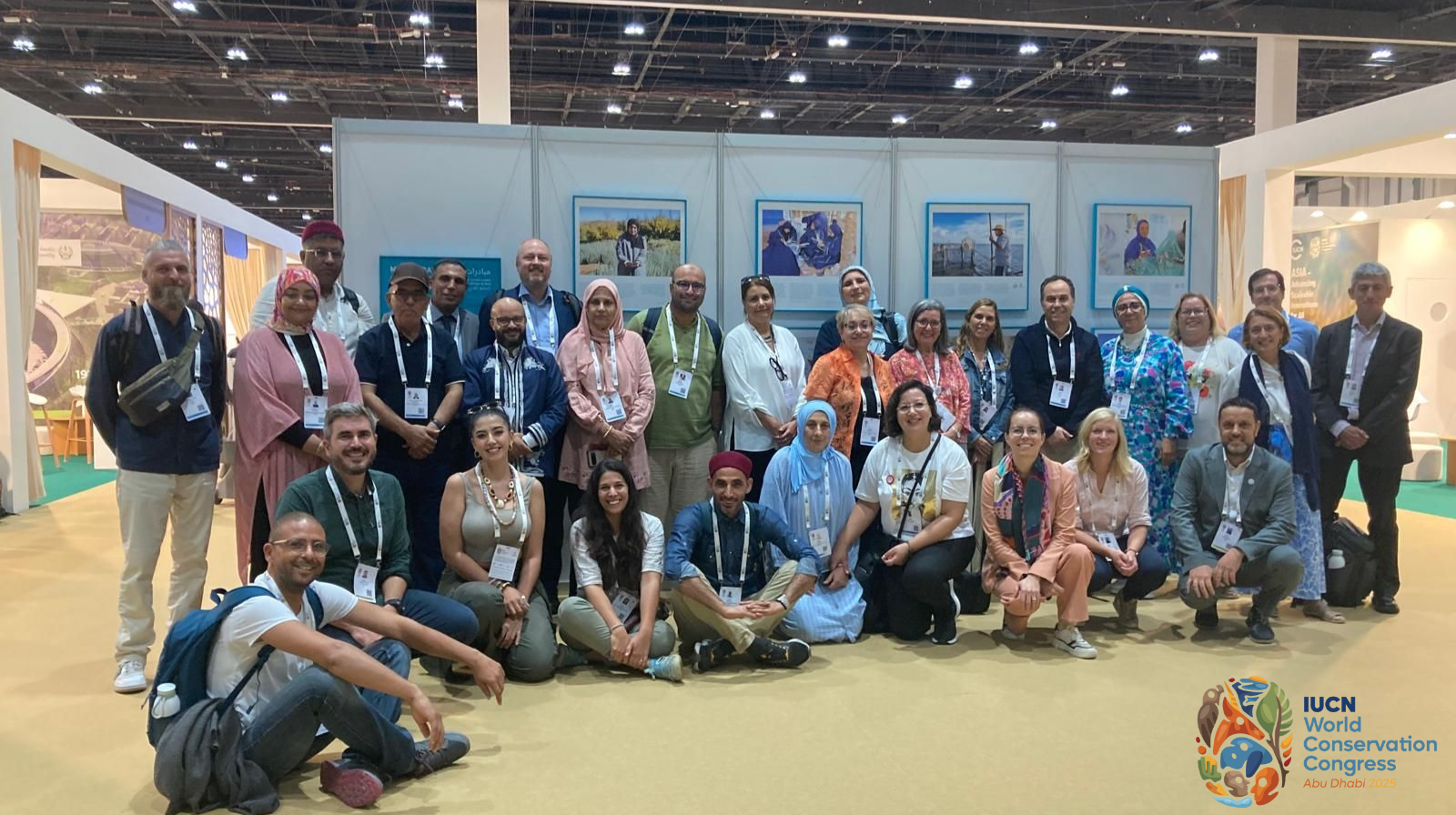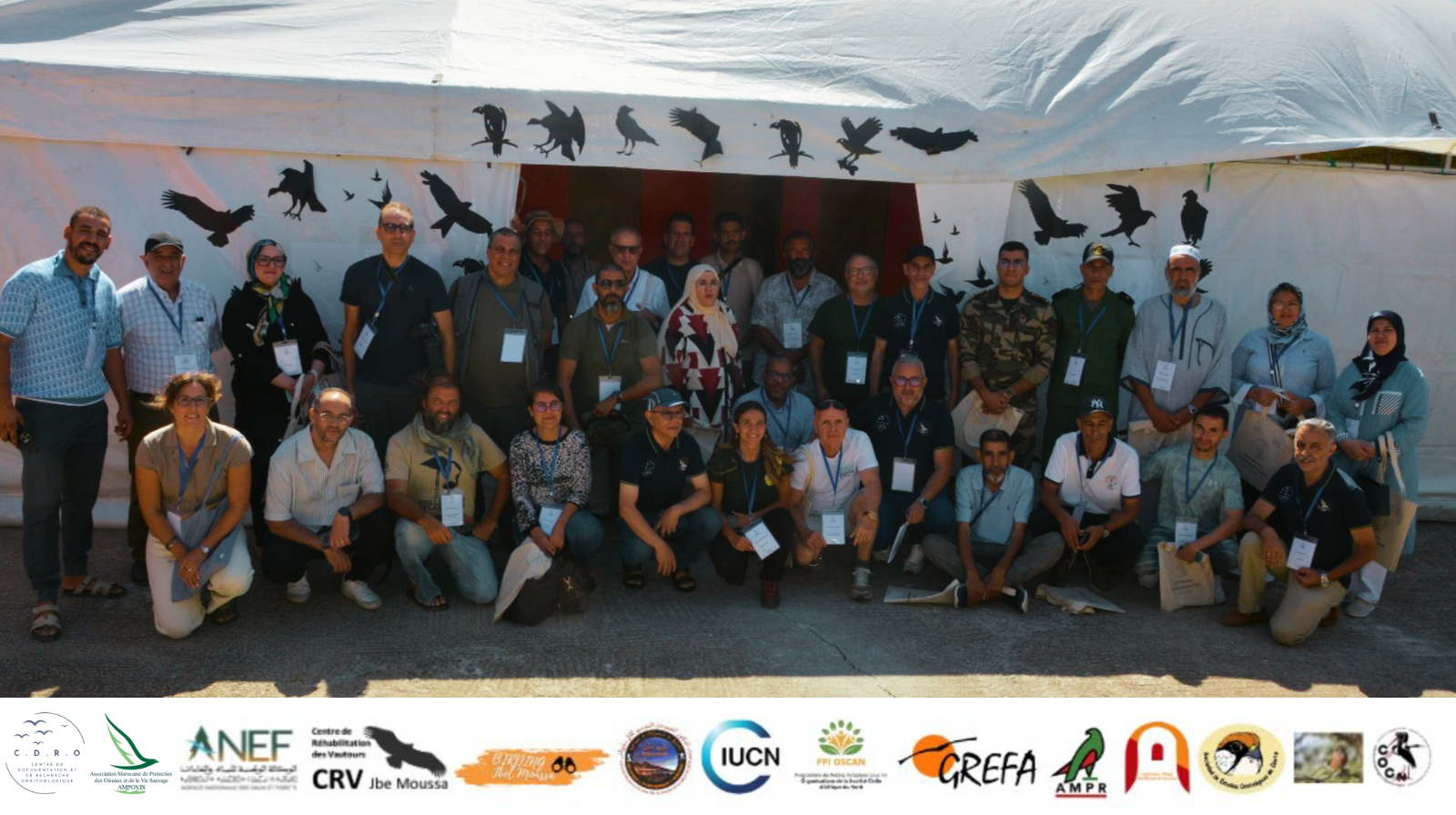In the heart of southern Tunisia, the oases of Kebili stand as life sanctuaries in the arid desert. However, these havens of biodiversity are now threatened by the devastating effects of climate change. Faced with this reality, a local initiative, IREO_WAHA, has embarked on a mission: to restore and protect these unique ecosystems.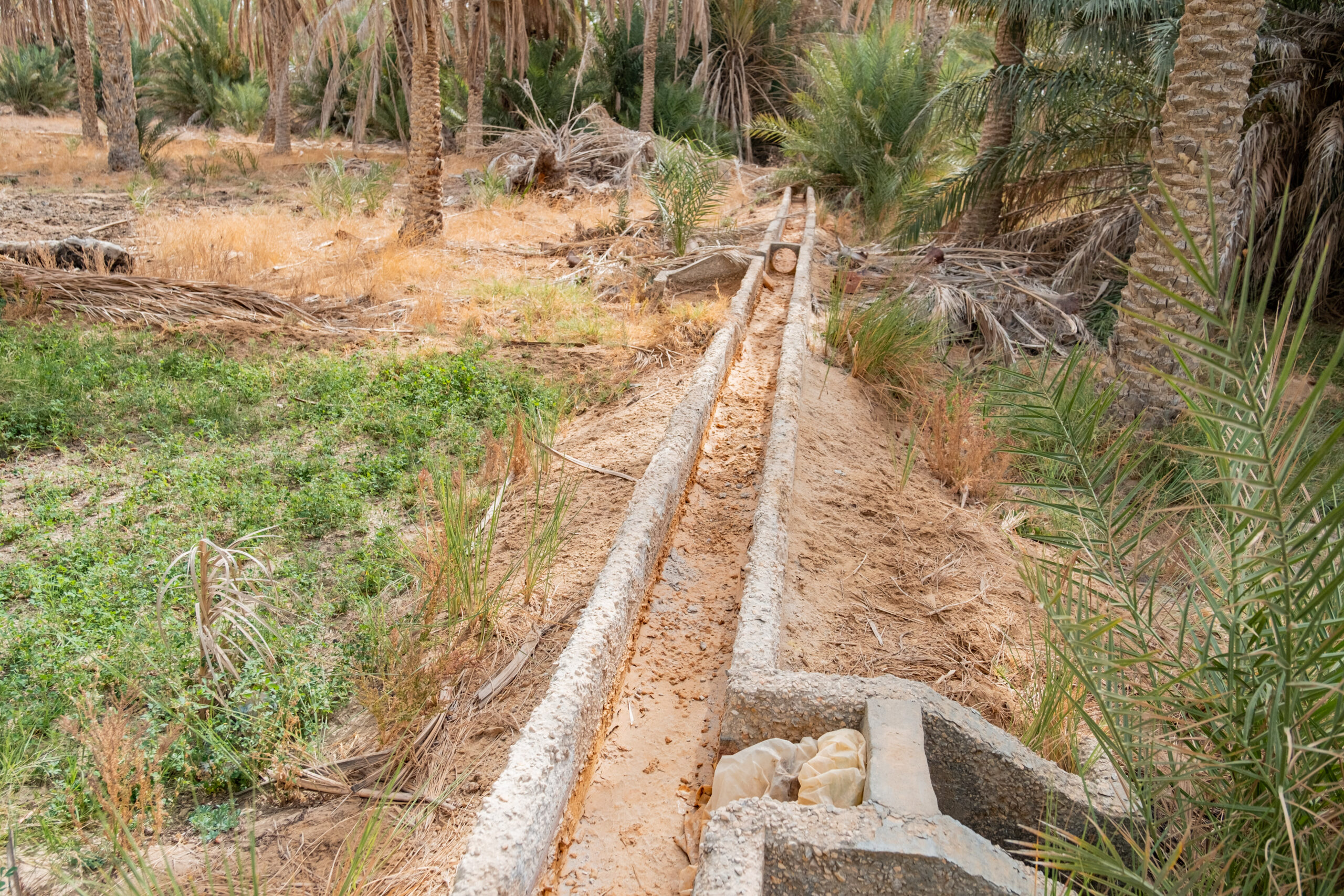
Covering over 40,000 hectares, the oases of Kebili are mainly populated by date palms, symbols of fertility and life in the desert. Yet, despite their importance, these oases are facing a gradual abandonment by their owners, unable to cope with the multiple challenges posed by climate change. Waterlogging of soils, increased losses due to the spread of a devastating mite, and ecosystem degradation now threaten the fragile balance of these millennia-old oases.
It is in this context that the AT3E association decided to act by submitting its IREO_WAHA project to phase three of the PPI OSCAN. Its objective? To preserve the oases’ biodiversity of Kebili and restore hope to these fragile communities. But how to tackle such immense challenges?
The answer lies in a collaborative and concerted approach. In March 2023, a project launch meeting brought together all stakeholders involved in this fight. Administrators, experts, farmers, and oasis women gathered around a table, aware of the urgency to act. Communication, information sharing, and collaboration were at the heart of this meeting, laying the foundations for collective action.
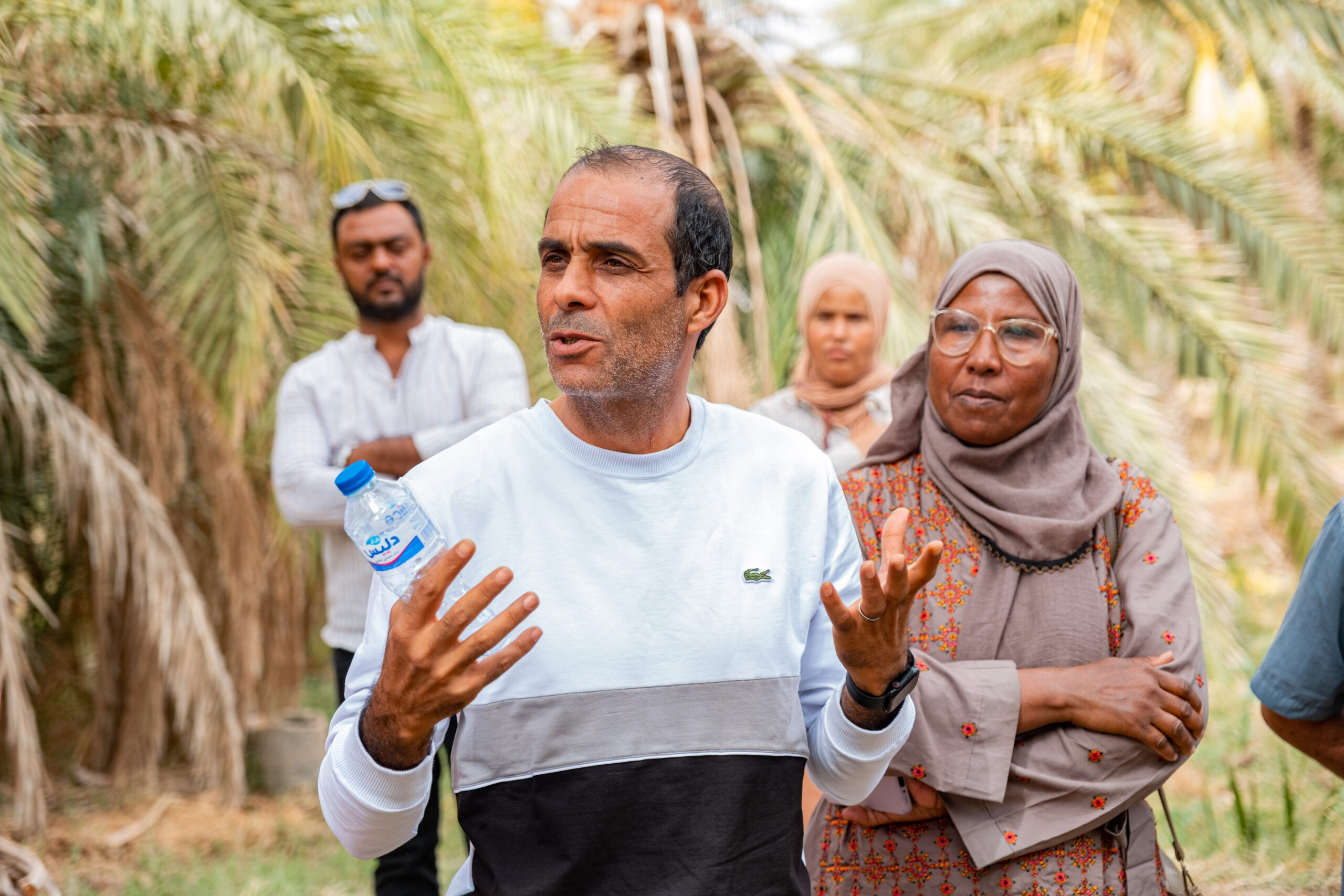
One of the first steps of this initiative was the diagnosis of crops. The goal was to understand the challenges facing Kebili’s palm groves in order to better combat them. Field surveys, exchanges with local farmers, and pest identification provided an accurate assessment, the starting point for targeted and effective action.
Among the concrete actions, IREO_WAHA worked closely with the Val Oasis Telmine women’s GDA, composed of 10 oasis women, at the heart of the oasis biodiversity restoration initiative. Together, they planned the planting of indigenous trees and the promotion of medicinal aromatic plants adapted to the region, aiming to enhance the active participation of women in the preservation and sustainable restoration of oasis biodiversity.
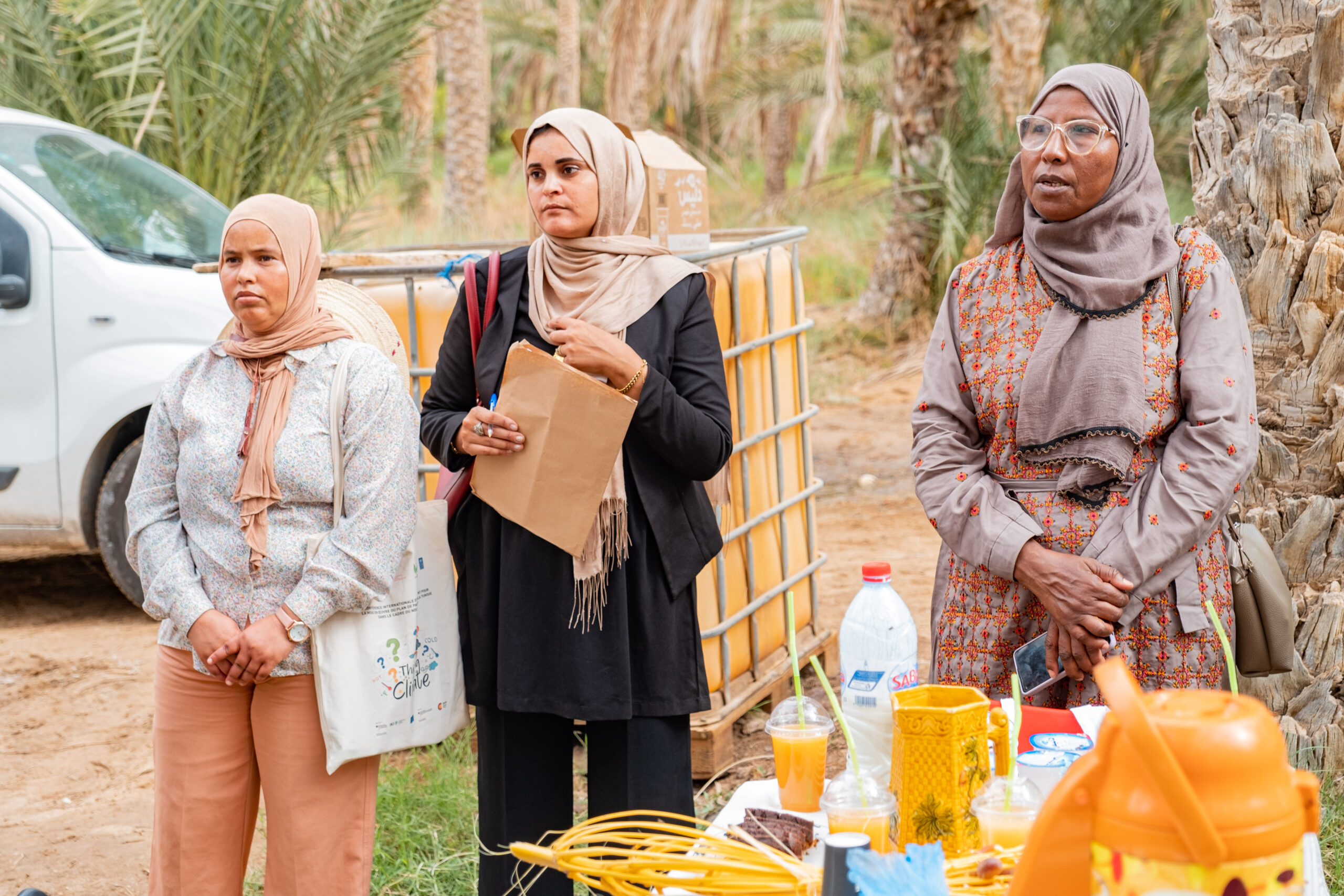
Another flagship initiative was the organization of a field school to disseminate information on best practices for combating the Boufaroua mite, in favor of the el Jedida GDA, bringing together 20 farmers in the el Jedida oases. This school provided farmers with the necessary tools to effectively combat this devastating mite, adapting effective biological methods.
Finally, the implementation of a training program, integrating practical demonstrations, with farmers on the importance of cleaning and reforestation proves to be an essential initiative to strengthen primary prevention against diseases and mites affecting date palms.

